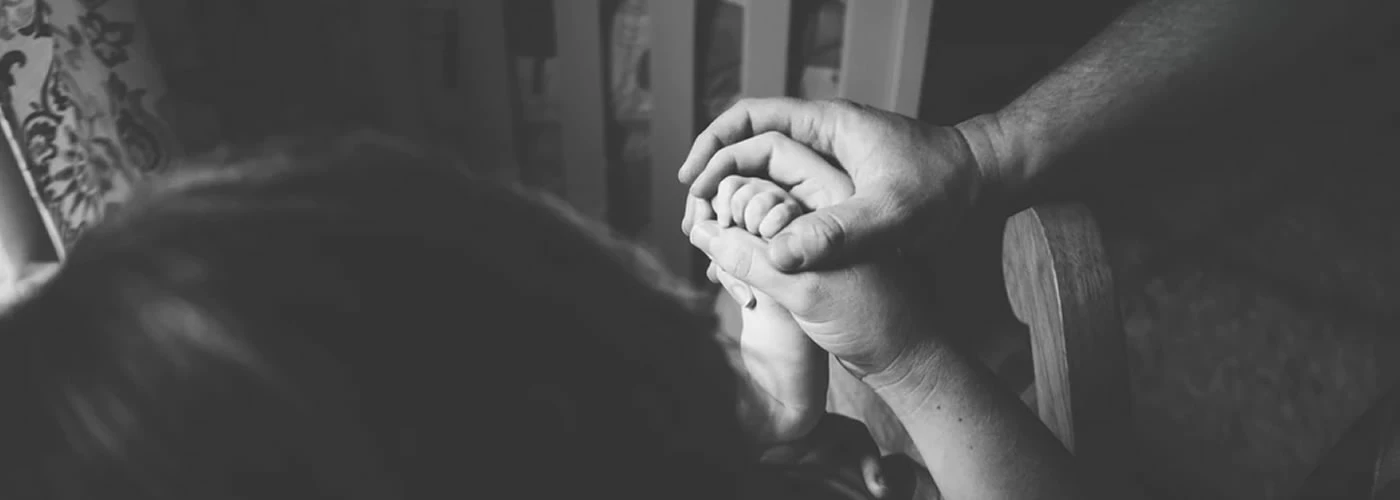Cancer treatment can have serious and long-lasting effects on fertility -- but how can those changes affect mental health?
Recently, YSC partnered with the Tinina Q. Cade Foundation on a panel discussion about fertility after a cancer diagnosis that featured experts in oncology, adoption, acupuncture and mental health. (You can watch the full discussion here.) Included in the panel was Nora Spielman, a fertility-focused therapist, who discussed coping with infertility after cancer.
Being faced with the challenges of infertility after already dealing with a cancer diagnosis can be especially difficult. “It’s really scary and incredibly stressful,” said Spielman. “You’ve already be through something that’s so consuming and catastrophic...and have had to reconfigure so many expectations.”
If you’re currently on the journey to build your family, or think you might be in the future, here are some things to keep in mind about the way infertility can affect your mental and emotional health after breast cancer:
Infertility can be isolating
“It’s a lonely, isolating place to be a lot of the time. These are stigmatized topics,” said Spielman. Like with a cancer diagnosis, you might find it hard to discuss infertility with others. But keeping quiet about your feelings can increase feeling of isolation. If you can find a safe place to talk about what you’re going through, like at a fertility-focused support group, with a therapist or a trusted friend, that’s a great start.
Identity issues are common
According to Spielman, being confronted with infertility can raise questions about identity. Common thoughts include:
- Who am I if I can’t create a family? I always wanted to be a mother.
- I feel broken. I feel defective.
- I feel like my body’s betraying me.
Grief is normal
“It doesn’t have to be a death, it doesn’t have to be a miscarriage…(it’s normal) to be grieving this sense of loss in this space where you feel your family was meant to be,” said Spielman. Give yourself the space and care you need to process any feelings of loss you experience.
Your relationships may be challenged
You might feel like your friends and family don’t understand what you’re coping with. They might say the wrong things, like “Just relax,” or “Stop trying so hard.” If you have a partner, you might find that relationship tested. According to Spieler, infertility can “put a spotlight on vulnerabilities that already existed in how you feel about yourself and your partner.”
Coping with infertility after breast cancer can be very challenging. There are a number of resources available to help you building your family after cancer, from support, to education, to financial help. Most of all, it’s important to remember that you’re not alone.





